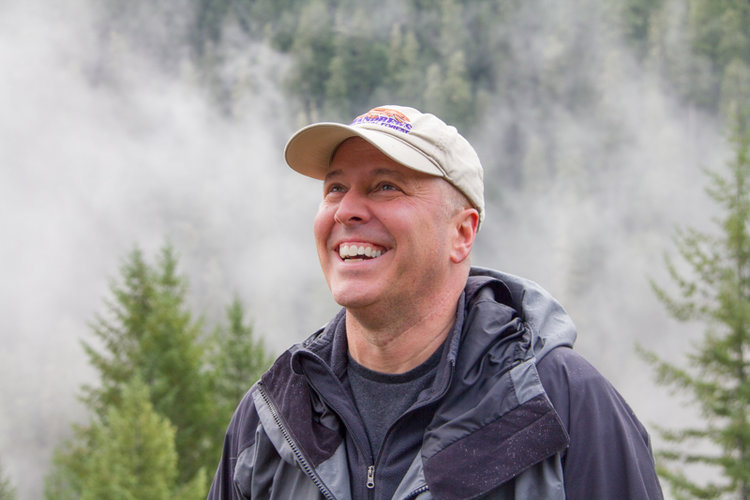Keynote Address
Ethics at the End of the World
Monday, July 10, 9:15 to 10:00 a.m. MDT
We face some of the greatest challenges in the history of humanity. Climate change and its anticipated and unanticipated impacts, massive biodiversity loss, unprecedented levels of economic inequality, and attendant social upheaval present staggering obstacles to human flourishing—obstacles our current systems and governance structures seem ill-equipped to adequately address. These coming challenges also provide tremendous opportunities for thoughtfully re-envisioning our moral commitments and relationships with one another and the natural environment. To harness our collective wisdom, however, we need novel ways of thinking and acting that may fall outside of those of the dominant Western worldview. This is pressing, not only because the problems we face are so enormous, but also because there is no reason to believe that our current modes of operating—modes that are embedded within systems that created our challenges in the first place—will allow us to adequately address the biggest issues of our time.
This keynote address will argue that our current and coming challenges require the full power and force of the human imagination. That imagination is captured within the totality of our academic disciplines—sciences, arts, humanities, engineering, health and medicine, and more—as well as in our professional practices from emergency management to humanitarian relief and far beyond. At present, empirical research produced by many different disciplines has provided a way to understand many of the facts of the working world. But facts alone cannot lead to prescriptions for action. As this address will highlight, ethics asks us “What ought we to do?” Arriving at “oughts” requires not only accurate information and robust data, but also clear and well-reasoned articulations of values. Workshop participants will have the opportunity to learn how we can work together to rigorously identify those ethical prescriptions, while also honoring the fact that many people have different values that guide their research and applications.
Michael Paul Nelson
Professor of Environmental Philosophy and Ethics, Oregon State University

Michael Paul Nelson is a professor of environmental philosophy and ethics at Oregon State University. From 2012 to 2022, he held the Ruth H. Spaniol Chair of Renewable Resources and served as the lead principal investigator for the H.J. Andrews Experimental Forest Long-Term Ecological Research Program—the first nonscientist to hold such a position. He serves as the philosopher in residence of the Isle Royale Wolf-Moose Project, the longest continuous study of a predator prey system in the world, and a senior fellow with the Spring Creek Project for Ideas, Nature, and the Written Word. Though trained as a philosopher and ethicist, Nelson has proudly become almost completely “undisciplined” in his teaching and scholarly work. He collaborates with scholars from all fields of inquiry—ecologists, social scientists, artists, writers, and beyond. He teaches courses with titles like Critical and Creative Thinking and Environmental Ethics and Imagination. Nelson is the author of a couple of hundred articles and essays on a wide variety of topics in and around environmental ethics, and is the co-editor or co-author of four books, most notably Moral Ground: Ethical Action for a Planet in Peril with the writer and philosopher Kathleen Dean Moore.
Learn more about Nelson by visiting his website.
Back to Schedule